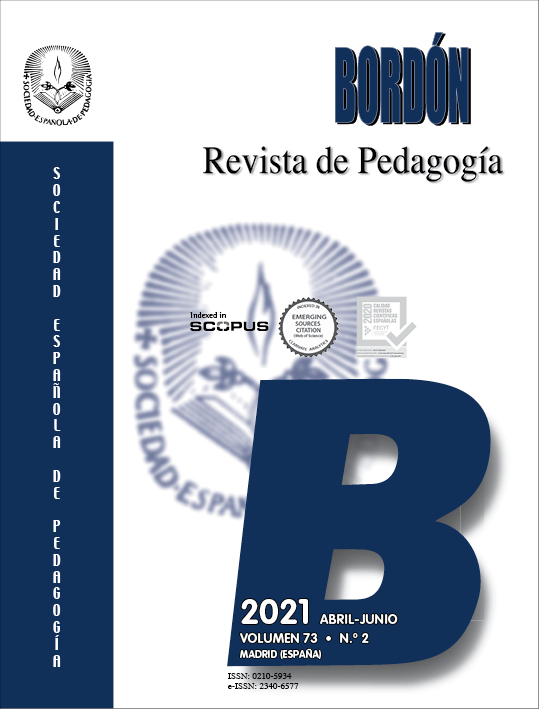Le soutien social dans les programmes parentaux à domicile et en groupe
Contenu principal de l'article
Résumé
INTRODUCTION. Le soutien social est un système complexe composé de divers éléments dont les influences peuvent soit protéger soit compromettre une parentalité positive. Peu d'études ont analysé la relation entre les composantes du soutien et l'efficacité des programmes d'éducation parentale. L'objectif de la présente étude était d'analyser le pouvoir prédictif des composantes du système de soutien social sur les changements vécus par les participants à la version en groupe et à domicile du programme « Crecer Felices en Familia », un programme de soutien psychoéducatif destiné aux familles ayant des enfants de 0 à 6 ans à risque psychosocial. MÉTHODE. Les participants étaient 352 parents participant au programme mis en oeuvre dans plusieurs communautés autonomes d'Espagne. La composition et le niveau d'utilisation du réseau social (formel et informel), les types (soutien instrumental, émotionnel, interaction sociale et affectif) et la satisfaction à l'égard des soutiens ont été évalués. Les changements expérimentés par les participants dans les attitudes parentales, la compétence parentale et le stress parental ont été évalués. RÉSULTATS. Les analyses de régression linéaire multiple ont indiqué que le système de soutien social prédisait les changements rapportés par les participants dans les trois dimensions parentales étudiées montrant des différences selon la dimension parentale, la composante de soutien et la version du programme appliquée.
DISCUSSION. Ce résultat souligne l'importance de prêter attention au système de soutien car il peut renforcer les changements vécus par les participants après leur passage au programme d'éducation parentale.

